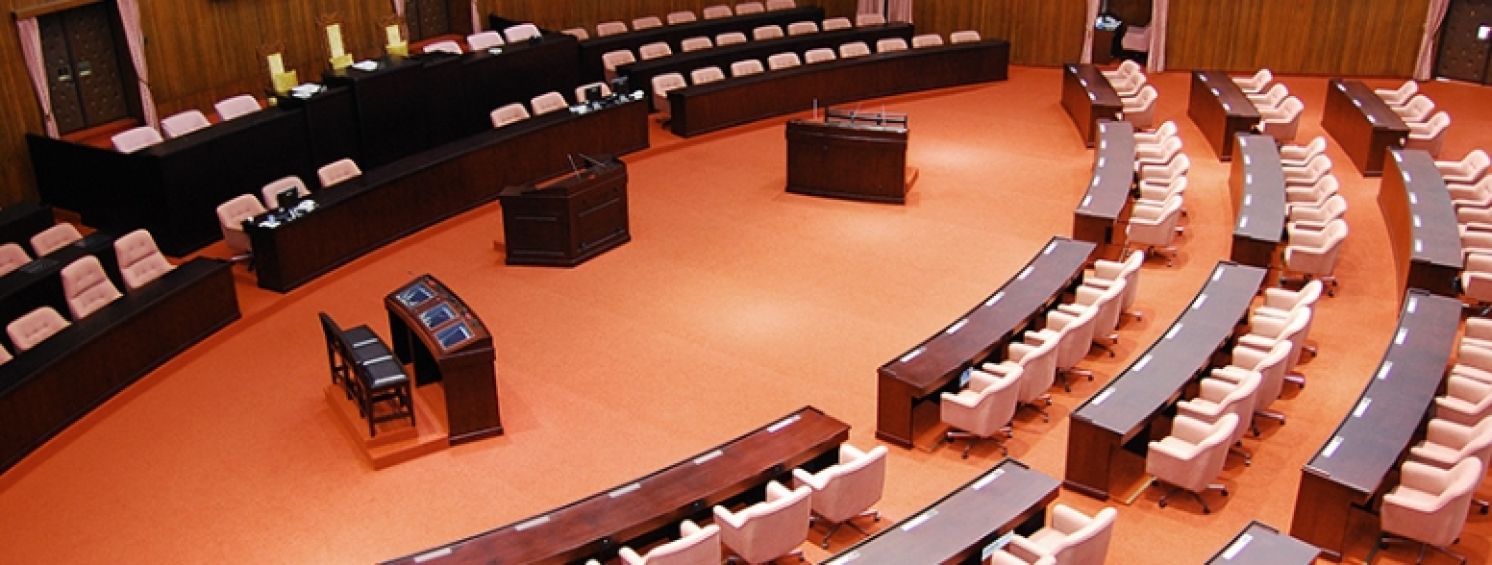
This Week in Taiwan 0114-0120
January 14: A senior bi-partisan delegation from the United States visited Taiwan, including former National Security Advisor Stephen Hadley and former Deputy Secretary of State James Steinberg, accompanied by Chair Laura Rosenberger of the American Institute in Taiwan (AIT). Although both Taiwan and the United States have emphasized following precedent, the speed at which the U.S. delegation arrived in Taiwan (the day after the election) was considered unusual in the political sphere.
January 15: The Republic of Nauru announced the severance of diplomatic relations with Taiwan and establishment of official ties with mainland China. This is the 10th country to sever ties with the Republic of China (Taiwan) during the tenure of President Tsai Ing-wen, reducing Taiwan's total number of diplomatic allies to 12. The Office of the President expressed deep regret and criticized Beijing for using diplomatic pressure as retaliation against Taiwan's democratic values and as a blatant challenge to international stability and order.
January 15: Nauru severed diplomatic relations with Taiwan based upon United Nations General Assembly Resolution No. 2758. Chair Laura Rosenberger of the AIT indicated that the resolution does not determine Taiwan's status, exclude any country from establishing diplomatic relations with Taiwan, or exclude Taiwan's meaningful participation in the United Nations system. The United States is disappointed that the content of Resolution No. 2758 has been interpreted and used as a tool to exert pressure on Taiwan.
January 16: Shih Ming-teh, former chairman of the Democratic Progressive Party (DPP), passed away at the age of 83. Shih was one of the iconic figures of the Tangwai movement during Taiwan's authoritarian period and was imprisoned for more than a quarter century. He served as commander during the 1979 Formosa Incident and the 2006 Red Shirt Army movement.
January 17: The New Tide faction of the DPP announced that out of respect for the presidential office, President-Elect William Lai is no longer a faction member. During his first report to the DPP's Central Standing Committee after the election, Mr. Lai stated that while sub-groups within the party have their role to play, in order to conduct state affairs more objectively, unite and lead the party, he will leave the New Tide faction with immediate effect.
January 18: According to documents released by Politico, former Prime Minister Liz Truss secretly lobbied the British government in August 2023 to "accelerate" the sale of defense equipment to China. Truss is known as an anti-China hawk. She was invited to visit Taiwan in May 2023 and had urged her government to label Beijing as a threat.
January 18: At an investor's conference and media exchange meeting, the Taiwan Semiconductor Manufacturing Company (TSMC) revealed its decision to build a third 12-inch wafer plant in Kaohsiung and enter the 2-nanometer advanced process. As for investment in a second plant in Arizona, it will be determined according to customer needs and U.S. government subsidies. This is a rare proactive announcement of the company's careful investment plans. The move was interpreted as a show of determination to retain advanced processes in Taiwan.
January 19: Campaigning for the speaker and deputy speaker of the Legislative Yuan has begun. The Kuomintang (KMT) is expected to nominate 2020 presidential candidate Han Kuo-yu and former Chairman Johnny Chiang, while the DPP will field Speaker You Si-kun and Deputy Speaker Tsai Chi-chang for re-election. Both parties extended olive branches to the Taiwan People's Party (TPP), which has critical minority seats. The KMT stated that it could yield the deputy speaker position, while You stated that it is normal in a democracy for a small party to serve as speaker. The TPP put forward four demands for legislative reform and seeks the support of the two major parties.